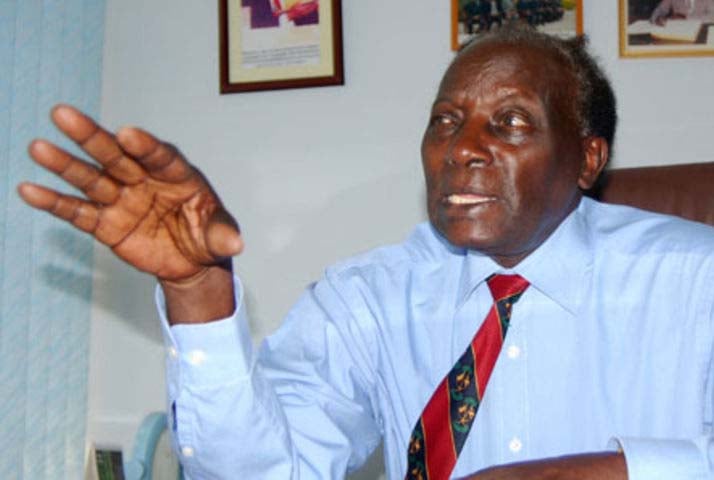
Author: Moses Khisa. PHOTO/FILE
This not a mere rhetorical question, it is patently practical and concrete. Any citizen proud of their country, as most Ugandans are and I count myself among, has to necessarily see the brighter and better side of their nation. There is so much about Uganda that we deeply cherish and hold dear in a very special way.
Uganda is deeply alluring, there is no other place like it. Yet, increasingly, masses of young people are desperate to leave the country, searching for a better livelihood not because they dislike Uganda, doing so perhaps not fully aware of (or perhaps despite) the uncertainties of where they go and the likely horrors they encounter. Stories of our young (especially female) compatriots taken into 21st-century slavery in the Middle East are heart-wrenching, a huge indictment on Museveni’s government, a president who takes pride in asserting African humanity and dignity, and denouncing past evils of slavery and colonialism.
I wonder whether Mr Museveni reflects on the fact that our young people are desperately fleeing to countries and communities that historically treated Black people as subhuman, and who still look at Africans as a lesser race. These Ugandans go to perform tasks as domestic servants in ways and conditions that parallel slavery of centuries ago.
This project, euphemistically dubbed ‘labour externalisation’, is proceeding with active support and encouragement of Mr Museveni’s government in the vain hope of ameliorating the country’s unemployment headache.
Sending away some few hundred thousand Ugandans can’t dramatically make a difference in a country of unemployed millions, yet so-called ‘labour externalisation’ does grave damage to our human worth and dignity, our pride and standing as a people, country and continent.
Much is said about Africa’s enormous natural resource endowments, including, of course, Uganda’s own riches that involve the huge potential that is tourism. But any country’s most important resource is the human resource – the people.
Our current rulers have presided over a population explosion, more than tripling the number of Ugandans from when Mr Museveni captured power in 1986. There is an ill-thought faith in a large population, disregarding what goes into turning such a population into a force for national power and prosperity. Investment in human capital must go along with developing the physical infrastructure, otherwise a big population, as we have today, becomes more of a problem unto itself than it serves to solve the nation’s pressing issues.
It is easy to pick on a select set of indicators and data points to underline Uganda’s marked improvement in a range of socioeconomic areas, including GDP (economic) growth, expansion in paved road networks, increase in life expectancy, eradication of certain deadly diseases that previously accounted for high infant mortality rates, etc.
No one can argue against these important improvements and strides, but even the most optimistic Ugandan has to face up to the sheer qualitative decline we live with considering the massive population increase that is hardly matched with critical physical infrastructure and capacity of the state to supply critical public goods and services.
And as I wrote last week, even as I write this column Thursday morning, the everyday carnage on the roads, where Ugandan lives crash to death in road accidents that simply shouldn’t be happening, is a tragic testament to the inept, inefficient, corrupted and hopeless system of government we have today. The quality of government has a direct correlation with, in fact, a straight impact on, the wellbeing of citizens.
We can have the best tourist attractions in the world and employ the savviest mechanism of marketing, but we can’t make the most of tourism potential when we are a country as unserious as letting daily terrible road accidents repeatedly claim lives yet little is done to arrest the problem.
I travel all-over Uganda because it is home and the urge comes naturally, but if I were a foreigner I would be hesitant visiting a country on whose roads I could easily perish because of the mayhem and lawlessness that is compounded by the sheer lack of very basic emergency response services in the event of a fatal road accident.
Today, we have a rulership that can’t manage to put up even a simple mechanism for swift and timely first responders to save the lives of victims of road accidents!




